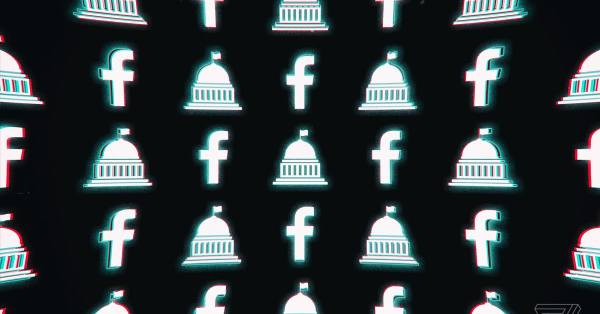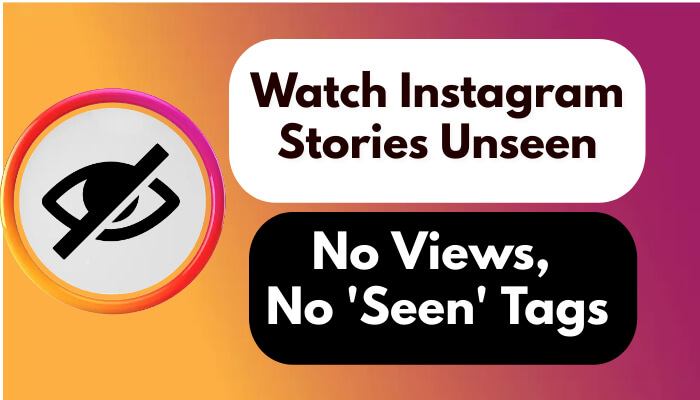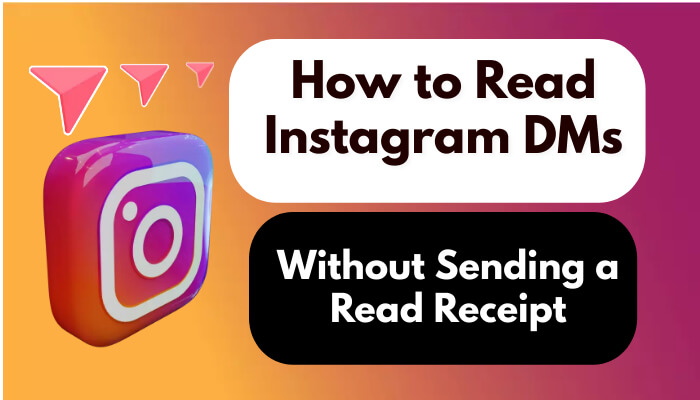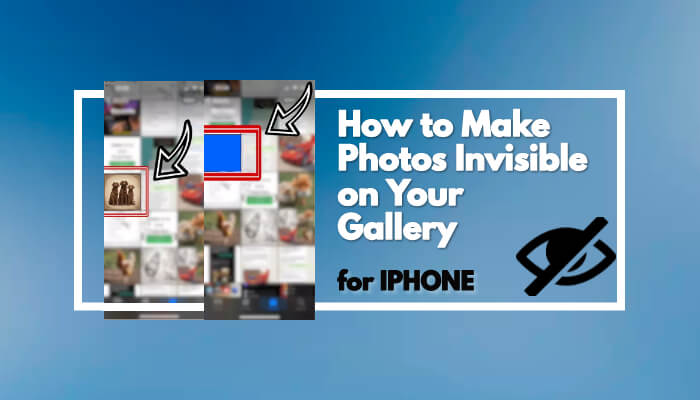
I.
In December, the Federal Trade Fee voted THREE-2 to sue Fb for illegally maintaining a monopoly in social networking. The lawsuit, which used to be observed by means of a separate suit joined through FORTY NINE US attorneys common, alleges that Fb used acquisitions and software restrictions on developers to prevent competitors from succeeding.
the government’s case appeared shaky from the beginning, I wrote at the time. Its allegation that Fb owns a monopoly in promoting-supported social networking felt overly slender and blinkered; the case doesn't even point out the life of TikTok. And its suggestion that Facebook should have performed more to proportion knowledge with third-party builders apparently runs counter to the FTC’s own privacy enforcement actions — in 2019 the agency fined Fb $FIVE billion for sharing an excessive amount of knowledge with developers.
So why does Facebook think its Hail Mary has a greater likelihood of success?at the comparable time, the case contains a large number of incriminating emails suggesting that Facebook executives acted knowingly to reduce pageant by means of making acquisitions including Instagram and WhatsApp. And the states’ swimsuit particularly articulated a compelling thought of harm: that Facebook’s privacy policies worsened as competition lowered, making existence worse for the typical consumer. this is vital as a result of up to date antitrust law has all in favour of instances that experience led to costs to upward push for customers; firms like Fb (and Google and Amazon) have escaped scrutiny earlier in massive section as a result of they offer their products and services without spending a dime.
It’s in opposition to that backdrop that I learn Facebook’s response to the federal government, which it filed in court on Wednesday. Right Here’s Brent Kendall In The Wall Boulevard Magazine:
Fb on Wednesday asked a federal pass judgement on to dismiss antitrust proceedings via the Federal Industry Fee and state lawyers general, arguing that government enforcers don't have any valid basis for alleging the social media large is suppressing competition.
The FTC “totally ignores the reality of the dynamic, intensely aggressive top-tech business by which Facebook operates,” the corporate stated in seeking to push aside the fee’s case. In a 2nd motion, Fb argued the states’ case “does not and can't assert that their citizens paid higher costs, that output used to be diminished, or that any function degree of quality declined as a results of Facebook’s challenged actions.”
A motion like this is, on one hand, totally anticipated — if you happen to’re Fb, why now not attempt to get this example thrown out as soon as imaginable — and, at the different hand, not going to prevail. regardless of how wobbly the government’s case in opposition to Fb appears from Silicon Valley, it is the product of years of investigation. I consider a pass judgement on could be susceptible to a minimum of let the government make its case at trial, however we’ll see.
at the comparable time, Google — that's dealing with the same set people antitrust complaints — declined to filed one of these motion whilst presented with the opportunity closing year. So why does Fb assume its Hail Mary has a better probability of success?
the corporate laid out its arguments in a blog put up yesterday. As expected, it complains approximately the federal government’s tortured efforts to outline a marketplace sufficiently small for Facebook to credibly monopolize. It complains that the government can not specify what exclusionary issues it did in the wake of purchasing Instagram or WhatsApp, or proscribing get right of entry to to its knowledge, that really broke the legislation. And it raises quite a lot of questions of status and timing that I received’t try to check right here.
In response, the government pushed aside these arguments, though now not in any great stage of element.
“Fb is inaccurate at the law and incorrect on our complaint,” Big Apple Legal Professional General Letitia James, who is prime the states’ case, told The Verge. “We're assured in our case, that's why almost each state on this country has joined our bipartisan lawsuit to end Facebook’s illegal behavior. we will be able to proceed to face up for the millions of shoppers and many small companies that experience been harmed by means of Fb’s illegal habits.”
II.
Is there a better case to be made towards Fb than the antitrust proceedings that truly were given filed?
I questioned that at the same time as rereading this great 2018 David Streitfeld profile of Lina Khan, who President Biden will reportedly nominate to the FTC. Khan helped encourage the current antitrust moment with a broadly learn paper, “Amazon’s Antitrust Paradox,” which moved the dialogue of pageant issues away from a a long time-long cope with worth increases.
“We’re in spite of everything starting to examine how antitrust rules, which were rooted in deep suspicion of focused non-public power, now often advertise,” Khan told Streitfeld.
This has been a vital and productive reversal. As extra of our lives move online, we can’t assist but notice all the techniques wherein our actions are enabled and monitored by a small handful of West Coast companies.
A badly written lawsuit may just nonetheless prevail at trial — however first it has to make it thereFacebook owns 3 of essentially the most common apps within the world; is a prime information supply for billions; hosts a vital part of global political speech; runs a big marketplace for bodily items; is building a vital consumer hardware division; and evolved a cryptocurrency (now operated by way of a consortium) intended to power a global bills community.
it's a quasi-state running in parallel with all the opposite nations where it exists.
Laws that had been truly rooted in a suspicion of focused energy, i think, might have intervened in advance on this state of affairs. Regulators can have expressed extra skepticism approximately acquisitions; crafted a national privateness regulation; or written requirements for knowledge portability. They could have required Facebook to supply nondiscriminatory get entry to to portions of its infrastructure, as though it were a public software.
None of which would have required rethinking antitrust laws that can not be fitted to the purpose that regulators at the moment are pursuing.
Perhaps current regulations will turn out to be smartly-suited for that objective finally. In All Probability the newly Democratic Congress will write a few new ones, as they have long been promising to do.
or maybe, given that the consumer internet is now essentially the most competitive it has been within the past part-decade or so, it received’t a lot topic both manner.
I don’t suppose Facebook’s movement to brush aside is likely to finish the federal government’s objectives to rein in the company. but it does spotlight the steep challenge dealing with the FTC in the brief time period. A badly written lawsuit may just still be successful at trial — but first it has to make it there.
This column was co-published with Platformer, an everyday e-newsletter about Large Tech and democracy.







